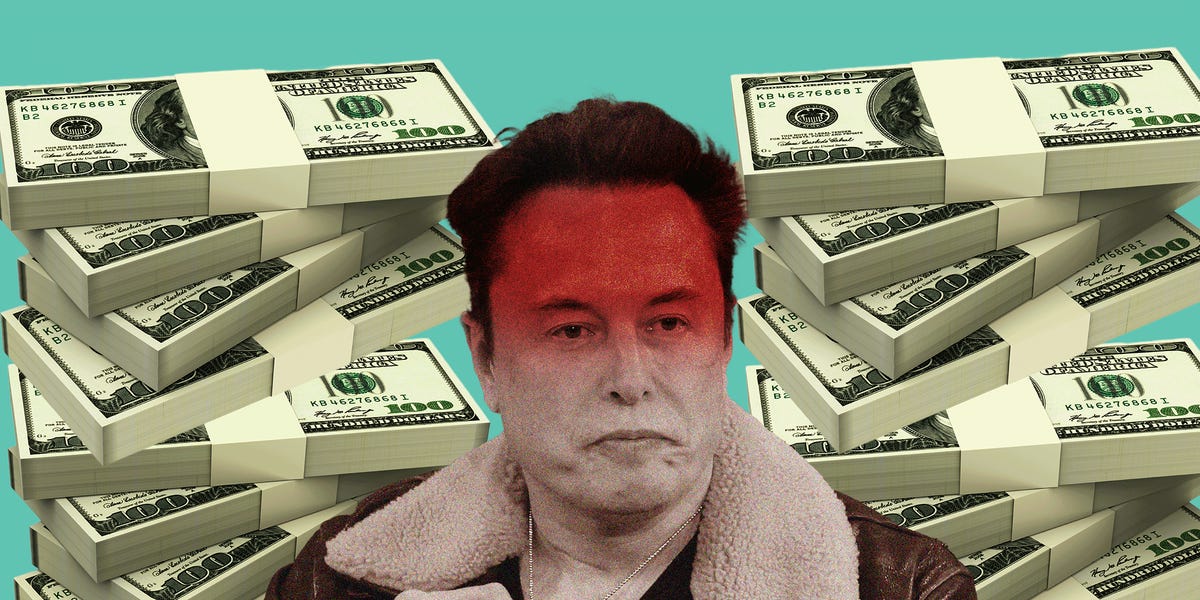This is why using Tesla stock to source cash all the time gets hairy. If Tesla shares fall below a certain level, the banks can call in those personal loans — leaving Musk on the hook. And the quickest way for Tesla’s stock to drop off a cliff is for investors to get wind of a big Musk sale. And of course, he needs to make sure that he still holds on to all the Tesla stock he’s pledged as collateral to the banks. Unfortunately, though, the easiest way for Musk to fill the gaping hole in Twitter’s balance sheet is to sell Tesla shares. You see how this could be a problem.



Unrelated question!
In the phrase “Now he -and his empire- are cracking[…]” as written in the title, should the “are” have been “is” or do the - instead of parenthesis mean we include the empire when we conjugate “to be”?
I think ‘are’ would be correct despite it looking awkward because it is talking about two separate, but related, things: Musk and Musk’s empire.
I am not a grammarian, however.
If two concepts are joined by “and” then prescriptively the article should be “is” not “are”. However most US speakers either don’t like the sound of that or don’t know the difference.
I’m asking because in this discussion case they added the em dashes (didn’t know that’s what they’re called) before and after “and his empire”, separating this part from the rest…
In this case they used the dashes for dramatic effect. It’s sometimes used to mimic spoken English, in that the cadence of the sentence is changed by the information contained in the dashes. Often, it’s replaced by commas in the form of a non-defining relative clause (The man, who lived in the house next to me for many years, was coming to visit). Think of it like a cue to take a pause before saying/reading the information.
Here’s a link, if you want to read a bit more: https://writingcommons.org/section/grammar/mechanics/punctuation/dashes/
Interesting, I interpreted it as a replacement for parentheses instead of a step in-between commas and parenthesis.
Always funny how people who learn a second language learn by the rules so much that they sometimes see things that doesn’t seem to work that the language speakers don’t notice…
Thanks!